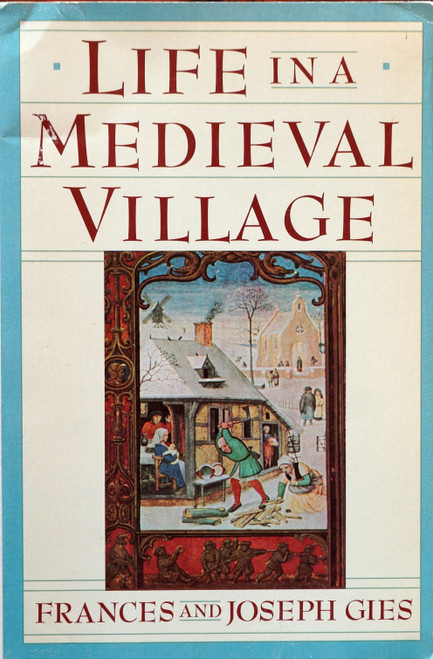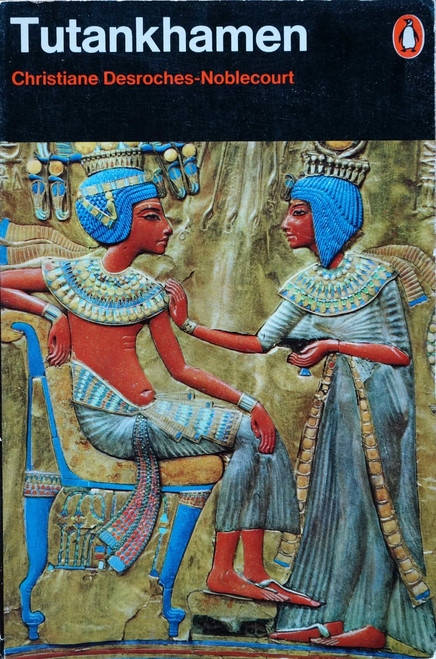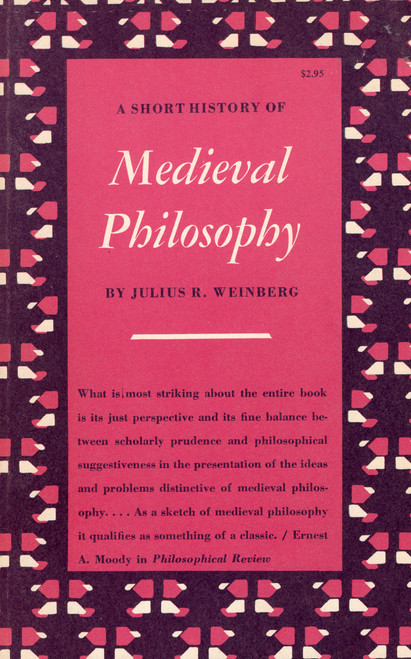At the beginning of the thirteenth century, the Cathars, a group of heretical Christians, thrived across what is now the Languedoc in southern France but was then a patchwork of city-states and principalities beholden to neither king nor bishop. The Cathars held revolutionary beliefs that threatened the authority of the Catholic Church as well as the legitimacy of feudal law: They thought the idea of Hell to be a sham; they rejected all sacraments, including marriage; they thought private property an absurd notion and that all things worldly were corrupt; and they gave women religious status equal to men.
Supported by the leading nobility of the region, the Cathars' growing influence enraged the Church and its powerful pope, Innocent III, determined to flex its muscle after decades of weakness. Innocent resolved to eradicate what is now known as the Great Heresy. He recruited the forces of France, eager to expand her territory to the south, and they systematically exterminated the Cathars and their supporters in a series of crusades between 1209 and 1229. By the time the wars were over, the ancient social fabric of the Languedoc had been destroyed, the map of France redrawn, and a terrifying new force that would torment Europe for centuries—the Inquisition—unleashed across southern France.
The Perfect Heresy eloquently chronicles the life and death of the Cathar movement—one of Western civilization's most mind-boggling tales. Full of colorful and passionate personalities, it brings long-ago events to life and sheds new light on the thirteenth century and on the timelessness of religious intolerance.
Editorial Reviews
"The Perfect Heresy is the fascinating story of an unorthodox movement in the south of France from the twelfth to the fourteenth century. After its flowering, its ideas were destroyed in Languedoc by a crusade led by the king of France and the barons from the north of the country; the last remnants of Catharism came together in the village of Montaillou, in the Pyrenées, at the dawn of the fourteenth century. Stephan O'Shea's book is the work of a connoisseur of Languedoc, is written for a wide readership, and draws on his personal experience of France's southern region." —Emmanuel Le Roy Laurie, author of Montaillou and Carnival in Romans.
"Although its title and subject confound such a prospect, this broadly researched, well-crafted and extensive treatment of an extinct Christian heresy would make excellent beach reading. Investing his story with the pace and excitement of a novel, journalist and translator O'Shea skillfully brings to life the tale of the medieval Cathars. A group of Christian heretics living, predominantly, in southern France, the Cathars, also known as the Albigensians, claimed to be the true Christians. Members of a church that was characterized by a poor, ascetic clergy (known as the Perfect), they stood against the power, wealth and luxury of the clerics who owed their allegiance to the bishop of Rome. They adhered to a doctrine remarkably similar to that of the Christian Gnostics and challenged the authority of the Church, claiming Catholicism was a false religion; in return, they were exterminated by the Church in the first half of the 13th century in "a ferocious campaign of siege, battle, and bonfire." O'Shea (Back to the Front) suggests that the harsh reprisal against this alternative sect both enabled the expansion of the French monarchy into the formerly independent region of Languedoc and created the first modern police stateAthe Inquisition. Cogently, provocatively and precisely argued, this volume is a sound and engaging exposition of a pivotal episode in European history." —Publishers Weekly
"Mr. O'Shea has written an accessible, readable history with lessons, lessons that were not learned by broad humanity until it saw 20th-century tyrants applying the goals and methods of the Inquisition on a universal scale." —Richard Bernstein, New York Times
"After nearly eight centuries, the memory—one might almost say the spirit—of the Cathars lives on in the land in which they lived, suffered, and died. To anyone visiting the region for the first time, this book will be the ideal instruction to their story." — John Julius Norwich, author of Byzantium: The Early Centuries, The Apogee, and the Decline and Fall
About the Author
Stephen O'Shea, a long-time denizen of Paris and New York, moved to southern France to research and write this book. A journalist and translator, he is the author of Back to the Front: An Accidental Historian Walks the Trenches of World War I. He now lives in Providence, Rhode Island.







